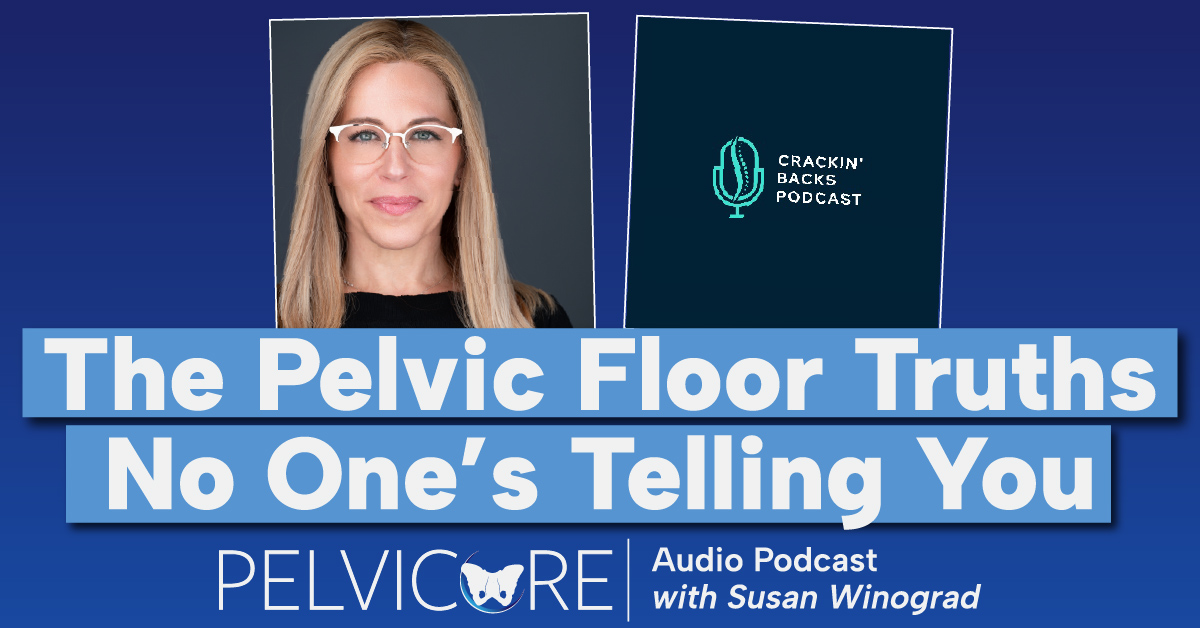In this episode of Creating the Vision, I’m joined by Susan Winograd, an expert on integrative wellness and owner of an integrative wellness company called Lead Wellness.
We talk about the company’s vision and the strategies they use to help so many men and women optimize their health and achieve health independence. Susan emphasizes the significance of personalized approaches, mentorship, and understanding the root of health issues rather than just treating symptoms. She also talks about her services for men’s health issues, women’s health issues, pre and postnatal care, and digestive, bowel, bladder, and sexual issues.







